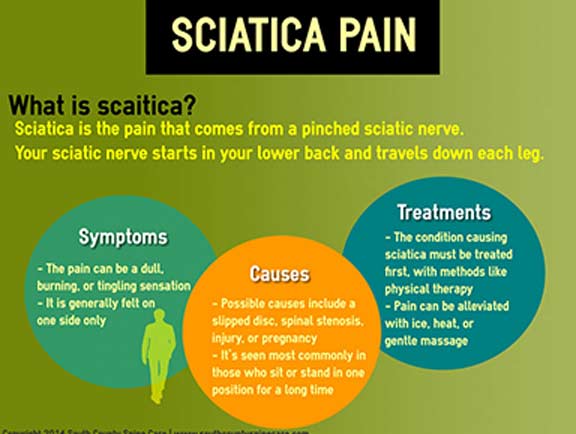The Significance Of Nourishment In Taking Care Of Pain In The Back: Suggested Foods And Those To Prevent
The Significance Of Nourishment In Taking Care Of Pain In The Back: Suggested Foods And Those To Prevent
Blog Article
Article Author-Whitley Guldborg
When it comes to managing your back pain, the food choices you make can considerably impact just how you really feel every day. Imagine being able to reduce your discomfort just by readjusting what you eat. By comprehending the role of nutrition in pain in the back management and knowing which foods to include or stay away from, you can take proactive steps in the direction of a healthier and a lot more comfy lifestyle. The connection in between nutrition and back wellness is more extensive than you may realize-- let's explore exactly how certain foods can either calm or intensify your neck and back pain.
Significance of Nourishment in Pain In The Back
Nutrition plays a crucial duty in managing pain in the back. Your diet can considerably influence swelling degrees and general pain levels in your back. Taking in a balanced diet regimen rich in nutrients like vitamins D and K, calcium, magnesium, and omega-3 fatty acids can help in reducing swelling and reinforce bones, which are essential for back health.
Additionally, maintaining a healthy and balanced weight with proper nourishment can reduce stress on your spinal column, lowering the danger of neck and back pain.
In addition, particular nutrients like anti-oxidants discovered in vegetables and fruits can assist deal with oxidative tension and promote healing in the body, including the back muscles and spinal column.
On the other hand, eating extreme amounts of refined foods, sugary beverages, and unhealthy fats can contribute to inflammation and weight gain, aggravating neck and back pain.
Foods to Consume for Back Health
To sustain a healthy back, including nutrient-rich foods right into your daily meals is key. Consisting of foods high in anti-oxidants like berries, spinach, and kale can help reduce swelling in your back, easing discomfort and pain. Omega-3 fatty acids discovered in fatty fish such as salmon and mackerel have anti-inflammatory residential properties that can benefit your back wellness.
Furthermore, eating nuts and seeds like almonds, walnuts, and chia seeds offers crucial nutrients like magnesium and vitamin E, which sustain muscle function and lower oxidative stress. Incorporating lean proteins such as chicken, turkey, and tofu can aid in muscle mass repair and maintenance, advertising a solid back.
Do not neglect to consist of milk or fortified plant-based choices for calcium to sustain bone health and wellness. Finally, vital health integrative medicine with lots of water to keep your spine discs moistened and operating ideally. By including these nutrient-dense foods in your diet regimen, you can nourish your back and assistance overall spinal wellness.
Foods to Avoid for Back Pain
Choose staying clear of processed foods high in added sugars and trans fats when looking for remedy for pain in the back. These types of foods can add to swelling in the body, which might aggravate pain in the back. Say no to sweet snacks sweet, pastries, and sweet beverages, as well as fast food products like hamburgers, fries, and fried poultry that are typically loaded with trans fats.
Furthermore, avoid foods having high degrees of polished carbs, such as white bread, pasta, and breads, as they can increase blood glucose degrees and potentially aggravate inflammation in the body.
It's likewise a good idea to limit your consumption of foods high in hydrogenated fats, like red meat and full-fat milk items, as they can contribute to swelling. Processed foods like deli meats, chips, and packaged treats are often high in saturated fats and need to be eaten in moderation.
chiropractor vs physical therapist
To conclude, paying attention to your diet and making wise food options can have a considerable effect on taking care of back pain. By incorporating nutrient-rich foods like berries, fatty fish, nuts, and lean healthy proteins, and preventing processed and sugary things, you can help in reducing swelling and support generally back health and wellness. Bear in mind, what you eat plays a vital duty in how you really feel, so ensure to prioritize your nutrition for a much healthier back.
